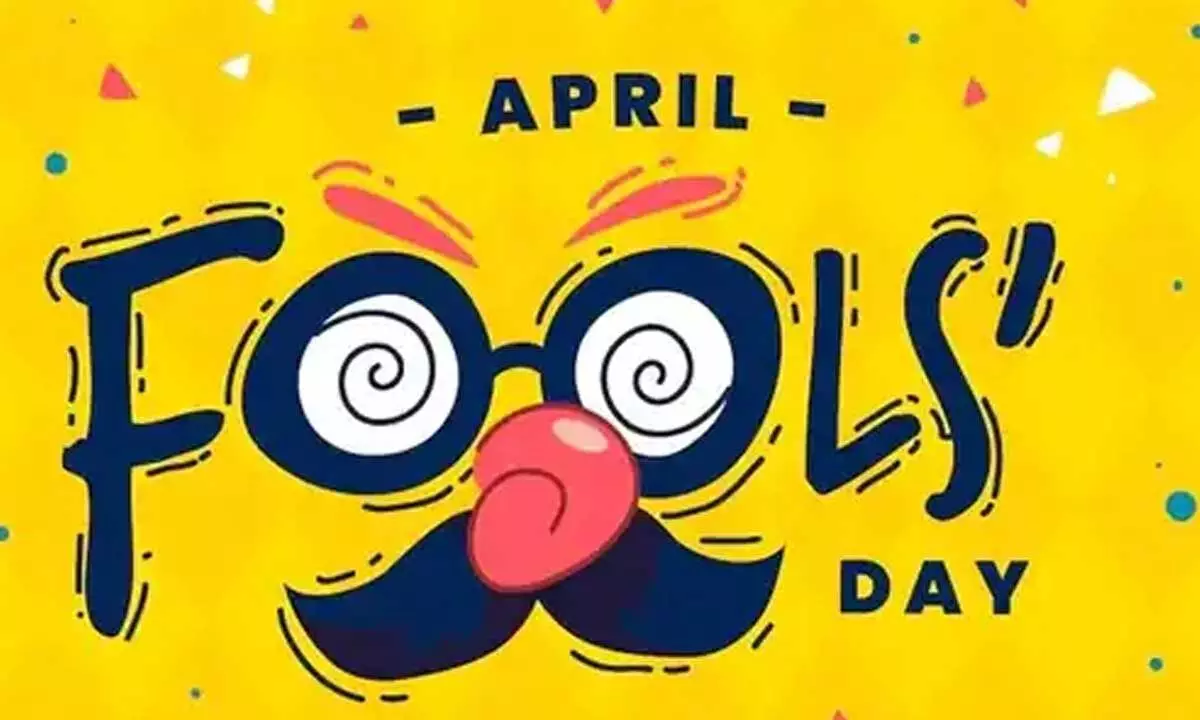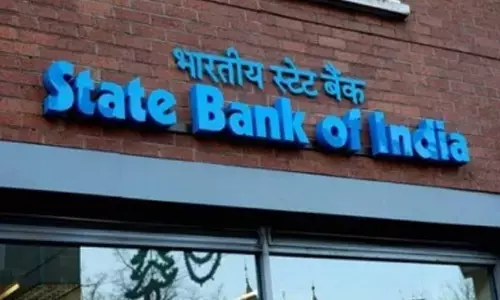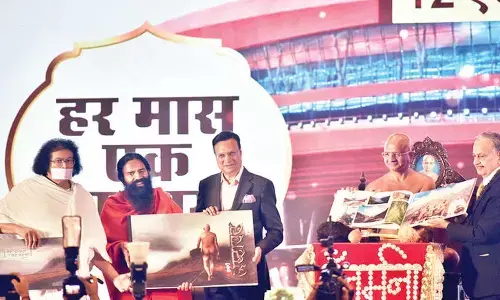April Fools’ Day 2024: History, significance and all you want to know

April Fools' Day, a jovial occasion celebrated worldwide, is a time for sharing jokes, playing pranks, and enjoying laughter with friends and family.
April Fools' Day, a jovial occasion celebrated worldwide, is a time for sharing jokes, playing pranks, and enjoying laughter with friends and family. Although not an official holiday, its widespread recognition in popular culture and media makes it eagerly anticipated each year. From childhood memories of playful pranks to modern-day digital antics, the spirit of April Fools' Day continues to bring light-hearted fun to people of all ages.
Origins of April Fools' Day
The tradition of celebrating April Fools' Day on April 1 can be traced back centuries, with various stories offering insights into its origins. One of the most popular narratives hails from 16th century France. In 1582, France transitioned from the Julian calendar to the Gregorian calendar, as decreed by the Council of Trent in 1563. Prior to this change, the New Year was celebrated around the spring equinox, typically falling between late March and early April. However, with the adoption of the new calendar, the start of the year shifted to January.
This calendar adjustment wasn't universally accepted or immediately understood by everyone. Those who continued to celebrate the New Year in late March or April 1 became the subjects of ridicule and pranks by those who adhered to the new calendar. They were mockingly labeled "April fools" and became targets for playful hoaxes and jokes.
Additional historical references suggest the origins of April Fools' Day may have ties to ancient Roman festivals such as Hilaria, celebrated at the end of March, or to similar festivities like Holi in India, which occurs around the same time. These festivals often involved disguises, mockery, and light-hearted exchanges—elements that resonate with the modern-day tradition of playing pranks on April 1.
Significance of April Fools' Day
April Fools' Day serves as a designated day for indulging in humor, pranks, and laughter, offering a welcomed reprieve from the routine of daily life. In today's digital age, the significance of April Fools' Day has expanded, with online platforms and social media networks becoming key players in the dissemination of jokes and hoaxes.
While the spirit of April Fools' Day encourages harmless fun and camaraderie, it's essential to remember that not everyone appreciates being the target of a joke. It's important to exercise discretion and sensitivity when planning pranks, ensuring they are enjoyable for all parties involved. So, while crafting that clever prank or joke, remember to keep it light-hearted and respectful of others' feelings.
Conclusion
April Fools' Day remains a beloved tradition, offering a chance to spread joy and laughter in a world often filled with seriousness. Whether through classic pranks or modern digital antics, the spirit of this day continues to unite people in shared moments of amusement and camaraderie. As we celebrate April Fools' Day, let us embrace the joy of laughter while also being mindful of the importance of kindness and consideration towards others.


















